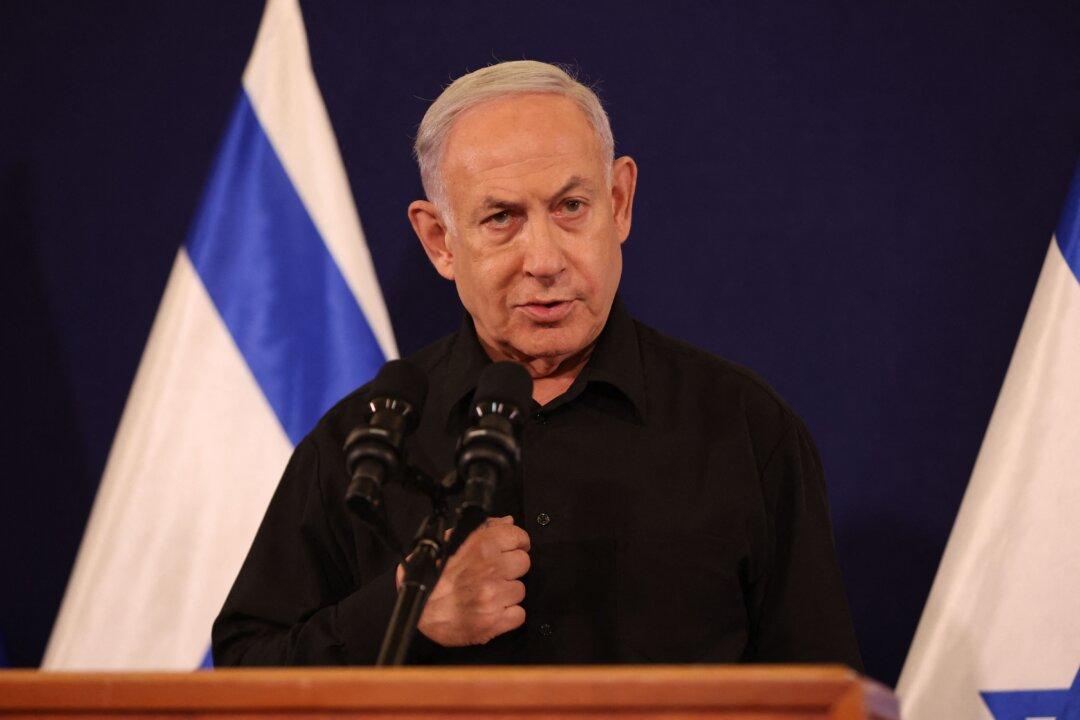In an interview with CBS News on Thursday, Israeli Prime Minister Benjamin Netanyahu said the Hamas terror group has endangered civilians throughout the Gaza Strip and that the Israeli side has not been entirely successful in its efforts to limit civilian casualties.
The Israeli military has been conducting military operations in the Gaza Strip in the weeks after Hamas gunmen breached the Israel-Gaza barrier and carried out mass attacks killing more than 1,400 people on Oct. 7. The Israel Defense Forces (IDF) initially responded to the Oct. 7 Hamas attacks with airstrikes throughout the Gaza Strip, but Israeli forces have since proceeded to ground operations in the confined strip of land.





